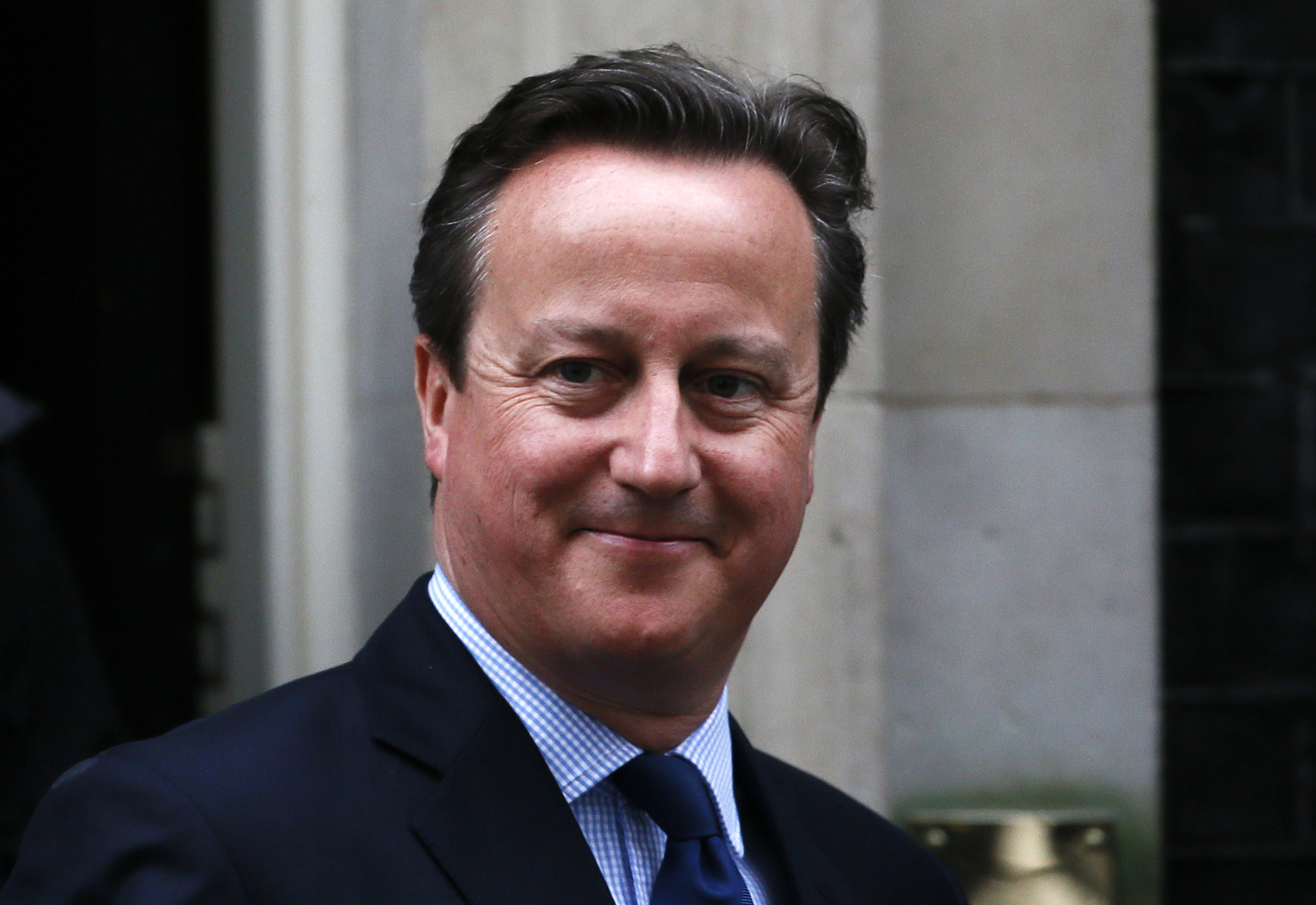
George Osborne earned almost £200,000 in the 2014-15 financial year, according to a tax summary published by his office following political pressure from the opposition.
In total, this left the chancellor with an income tax bill of £72,210 for 2014-15.
Because he earned over the £150,000 threshold for the top rate of tax, his own decision to cut the rate from 50p to 45p left him better off.
When he announced the rate cut in 2012, Osborne told the BBC he would not benefit personally because his salary was below the threshold.
The details released on Monday shows that his income last year included not just his £120,526 salary for his day job as chancellor, but also £33,562 a year from renting out his half of the family home while he lives in Downing Street. He also earned £44,647 in income from shares in the family business of Osborne and Little, which sells upmarket wallpaper.

Osborne's rental income shows he and his wife are renting out their London family home for at least £5,500 a month.
The chancellor followed David Cameron's lead and made his income public after Downing Street called on leading politicians to publish their tax returns. This came after a week of pressure prompted by revelations in the leaked Panama Papers that the prime minister father ran an offshore investment trust. Cameron was forced to admit he had held shares in the offshore trust but insists there was nothing wrong with this and that he paid UK tax on income from the shares.
Unlike Cameron, who published tax summaries for his entire period as prime minister, Osborne has only published a limited summary of the last financial year, raising questions over his tax affairs during his early years as chancellor. His team emphasised that the chancellor does not own any offshore investments.
Labour leader Jeremy Corbyn also published his tax return on Wednesday, which showed him earning barely any additional income on top of his MP's salary of £70,795 a year.
Corbyn – who unlike the chancellor does not use an accountant – filled out his own tax return by hand and declared only £1,850 of additional payments from lectures and surveys. Corbyn declared no income from rent or dividends but did miss the deadline and may face a £100 fine for late declaration of taxes.
This means Osborne earned more from share and rental income alone than Corbyn received in 12 months.
Meanwhile, mayor of London and potential future Tory leader Boris Johnson published his tax return showing he earned £612,583 in 2014/15 – including £266,000 for writing a weekly column for the Daily Telegraph.
The details were released as Cameron faced MPs for the first time since the row over his tax affairs erupted last week.

In a statement to the Commons, he conceded he had handled the situation badly.
"I accept all of the criticisms for not responding more quickly to these issues last week, but as I said I was angry about the way my father's memory was being traduced," he said.
"I know he was a hard-working man and a wonderful dad and I'm proud of everything he did to build a business and provide for his family."
Cameron defended his father's offshore investment fund, Blairmore, saying it was not set up overseas to avoid tax but because it was "going to be trading predominantly in dollar securities".
He said there was a "strong case" for the prime minister, leader of the Opposition, chancellor and shadow chancellor to publish their tax returns – but said he did not recommend that all MPs do the same.
In an apparent warning to journalists calling for more transparency, he added: "If this were to come in for MPs, people would also ask for a similar approach for those who ask us questions, those who run large public services, or lead local government, or indeed those who edit the news programmes or newspapers.
"I think this would be a very big step for our country, it certainly shouldn't take place without a long and thoughtful debate and it is not the approach that I would recommend."
In response, Corbyn branded the PM's statement a "masterclass in the art of distraction". He said the Panama Papers had underlined that there was "now one rule for the super-rich and another for the rest".
Corbyn told Cameron: "I'm honestly not sure that you fully appreciate the anger that is out there over this injustice."
He also questioned why the PM had chosen not to declare his investment in his father's fund in the Commons register of interests. And he said the Tories were "incapable" of "taking serious, internationally coordinated action to tackle tax dodging".

